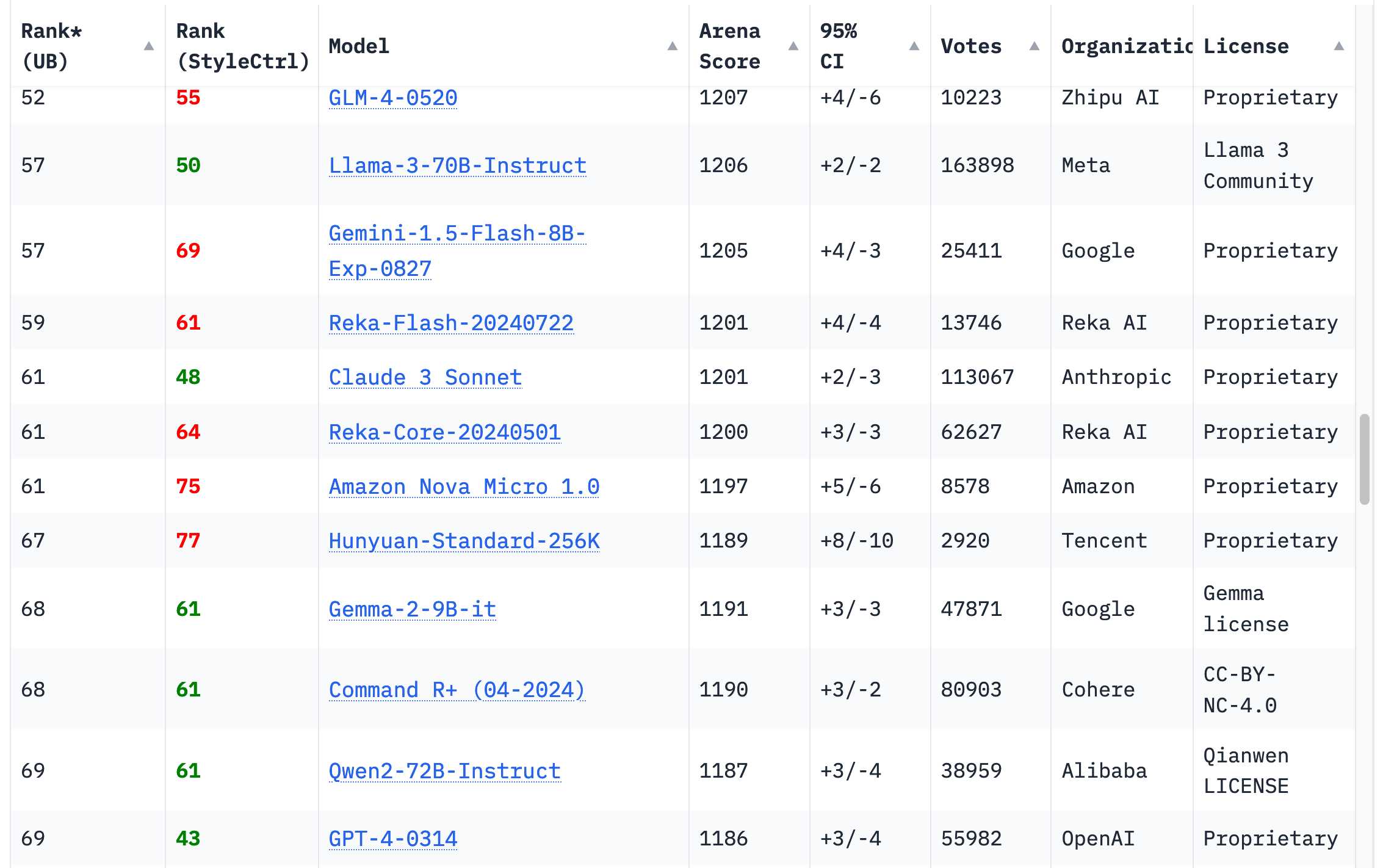Update available (for your knowledge)
And some more recommendations to make you go «Huh, I never thought of it this way!» (#510)
To those who celebrated: happy new year! May the odds be ever in your favour.
This is David, curator of all things great on the internet, entering year 15 of the Weekly Filet, the newsletter for curious minds who love when something makes them go «Huh, I never thought of it this way!». It's great to have you.
In case you missed it last week: Have a look at the winners of the Weekly Filet Awards 2024.
And with that, these are my recommendations to you for this week, to make sense of what’s happening, and imagine what could be.
1. Things we learned about LLMs in 2024
This overview is useful for anyone interested in starting 2025 with a good basic understanding of where things stand with artificial intelligence (and large language models specifically). It is especially useful for people who think they already have a good understanding. Because here's the thing with a technology advancing as rapidly as this one: Your knowledge can become outdated quite quickly. And few things are more annoying than being confidently wrong about something that was true when you last checked (and you stopped checking). So, the state of LLMs as we enter 2025 – what they can and cannot do, the collateral damage they might cause, and what to expect in the near future. One thing that remains true: «The key skill in getting the most out of LLMs is learning to work with tech that is both inherently unreliable and incredibly powerful at the same time.»

💡 More on AI in this collection: Making Sense of Artificial Intelligence.
2. I shrink 10x every 21s until I'm an atom
You and I have probably both seen a good share of those videos that zoom out and in to show how vast the universe and how small an atom really is. This one, though, is on a whole nother level – both for its animations and the storytelling. It really drives home how small atoms are and will make sure you'll always remember how big a banana is in relation to a red blood cell. The biggest AHA moment comes when you get to thank him that the video isn't 30 years long.
3. Israel built an ‘AI factory’ for war. It unleashed it in Gaza.
In war, truth is the first casualty, they say. With ever more powerful AI systems in play, it's goodbye to accountability. This exclusive report by The Washington Post reveals how the Israeli military uses AI to identify people to target. What used to be painstaking human intelligence work is now left to artificial intelligence – that works way faster, delivers way more potential targets, with a way higher uncertainty. So it comes down to human oversight of those systems. «In the beginning of the war, they cut the work in half — which is okay, because it’s war. The problem was that then they sometimes cut all the work.»
4. Why, Amid The Horrors Of War, Ukraine Is Fighting For Nature
What is Ukraine’s minister for environmental protection up to these days? – probably not a question you've been asking yourself lately. Svitlana Grynchuk's fight for the environment amid this horrible war deserves more attention.

5. A Husband in the Aftermath of His Wife’s Unfathomable Act
Start reading, pause, take a deep breath, continue, pause again, breathe, continue. I don't have the words to describe this article, all I can say is that it's worth your time. The article's subhead reads: Patrick Clancy’s wife killed their children during a postpartum mental-health crisis. Prosecutors describe a clear-headed scheme, but Clancy says, «I wasn’t married to a monster—I was married to someone who got sick.»


What else?
Instant-gratification links that make you go wow! or aha! the moment you click.




